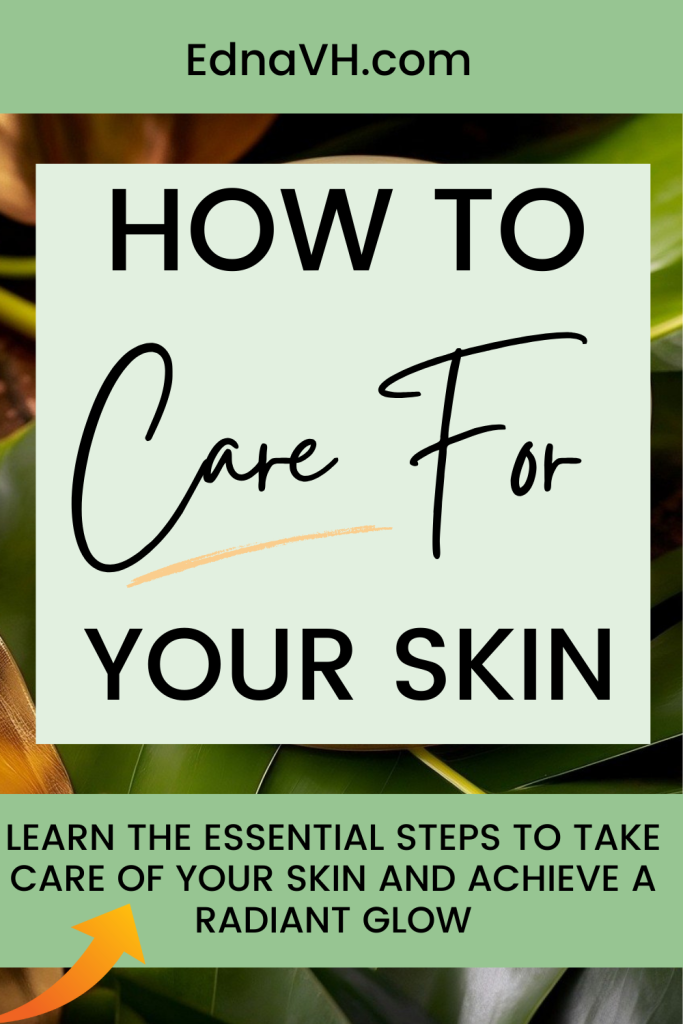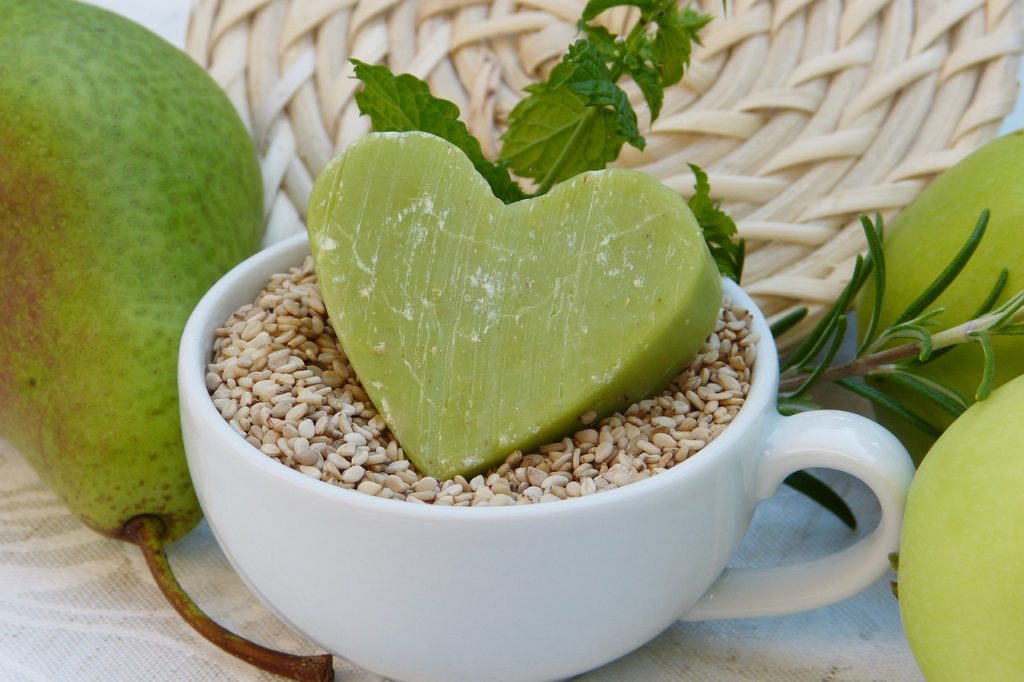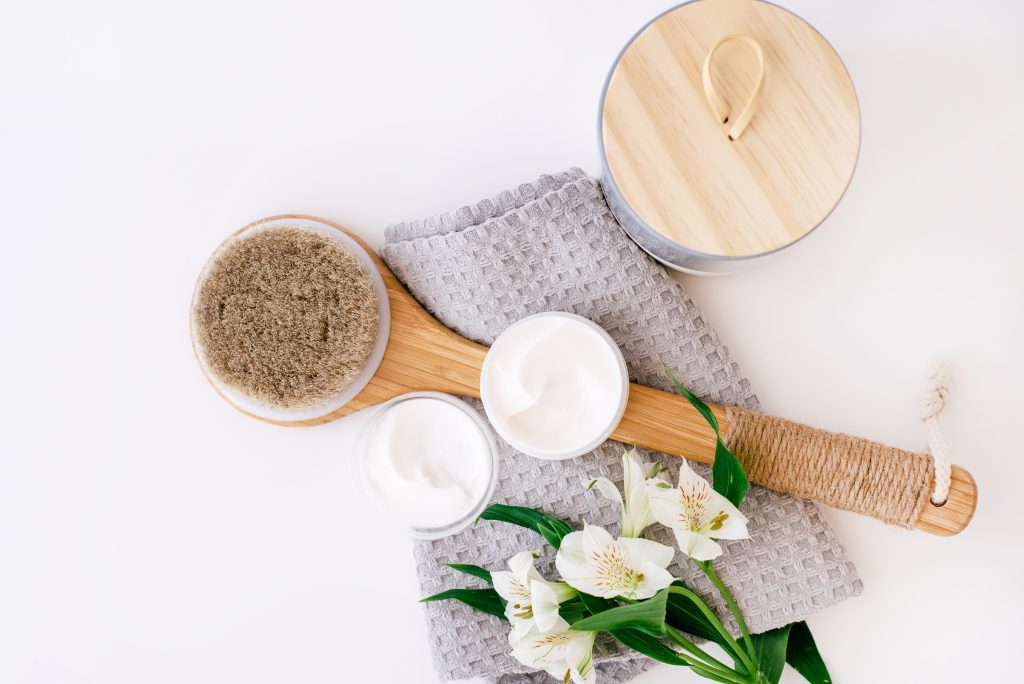Ultimate Skin Care At Any Age
Let’s dive into some actionable steps to keep your skin looking and feeling its best. Your skin is your body’s largest organ and deserves some TLC.
This comprehensive guide will delve into essential skincare tips, expert advice, and recommended products for all skin types. Whether you’re battling dry skin, oily skin, or sensitive skin, this cheat sheet is designed to help you understand the fundamentals of a successful skincare routine.
We’ll cover everything from the importance of hydration and the best ingredients to look for in skincare products to the benefits of a consistent skincare regimen. Discover how to protect your skin from environmental stressors, combat signs of aging, and maintain a youthful complexion.
This guide is perfect for anyone looking to enhance their skincare knowledge and achieve beautiful, radiant skin.
Let’s embark on this journey to healthier, more vibrant skin together!
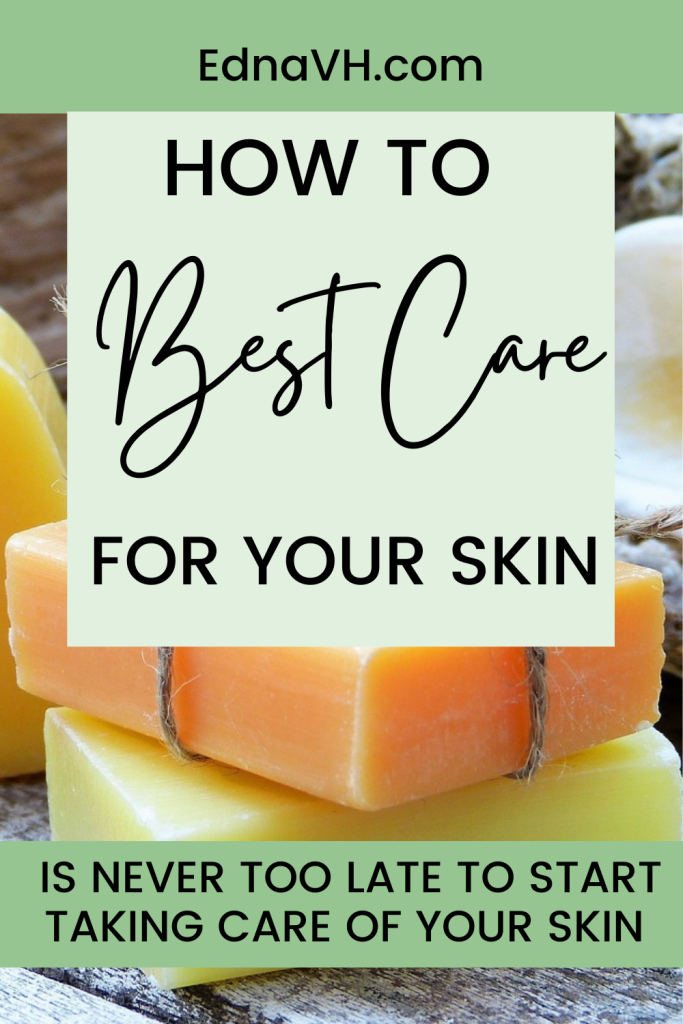
Disclaimer: This article is for informational purposes only and should not be considered medical advice. Please consult with a healthcare professional before changing your skincare routine. This post contains affiliate links, which means I may earn a small commission if you purchase through these links at no extra cost. Thank you for supporting my blog!
- How to Best Care for Your Skin
- 1. Have a Skin-Healthy Diet
- 2. Reduce Stress
- 3. Moisturize Your Skin
- 4. Be Gentle With Your Skin (And Skin Routine)
- 5. Quit Smoking
- 6. Get Your Beauty Rest and Protect Your Skin
- 7. The Importance of Sunscreen
- 8. Most Common Skin Diseases or Skin Problems (And How to Treat Them)
How to Best Care for Your Skin
1. Have a Skin-Healthy Diet
Watch what you eat. Your diet plays a vital role in your skin’s health. Cut down on refined sugars, fatty meats, processed foods, and dairy if they cause breakouts. Fast food, chips, and greasy foods should be consumed in moderation.
Incorporate skin-friendly foods. Load up on fatty fish, nuts, seeds, citrus fruits, bell peppers, strawberries, almonds, avocados, sweet potatoes, broccoli, tomatoes, soy, green tea, red grapes, ginger, oatmeal, artichokes, cinnamon, quinoa, and spinach.
Identify food allergies. If you suspect certain foods cause skin issues, try an elimination diet or consult an allergist.

2. Reduce Stress
Exercise regularly. Physical activity can lower stress hormones and help you sleep better.
Cut back on caffeine. Too much caffeine can make you jittery. Try reducing your intake to see if it helps with stress.
Connect with loved ones. Spending time with friends and family can lower stress levels.
Laugh more. Laughter can reduce stress, relax muscles, and boost your immune system.
Learn to say no. Don’t overload your schedule. It’s okay to decline requests that add unnecessary stress.
Try meditation or prayer. These practices can help lower stress and anxiety.
Get cozy. Physical intimacy, like cuddling, can help reduce stress and lower cortisol levels.
Quick Recommendation: STRENGTH TRAINING WORKOUTS FOR SENIORS – Simple Stretching, Chair Yoga, and Balance Exercises to Rediscover the Joy of Movement in Just a Few Minutes … Workout Books for Women and Men over 60)
3. Moisturize Your Skin
Use a daily moisturizer. Keeping your skin hydrated can prevent issues and slow aging. Choose a product that suits your skin type or ask a dermatologist for recommendations.
4. Be Gentle With Your Skin (And Skin Routine)
Avoid harsh treatments. Use gentle soaps and avoid hot showers. Pat your skin dry instead of rubbing it.
Choose gentle cleansers. Opt for mild facial cleansers and give your skin makeup-free days. Permanently remove makeup before bed.

5. Quit Smoking
Kick the habit. Smoking introduces toxins that can cause premature aging and skin cancer. Quitting can improve your skin’s healing ability and reduce the risk of various skin problems.
6. Get Your Beauty Rest and Protect Your Skin
Prioritize sleep. Your skin regenerates and heals while you sleep. Aim for 7-9 hours of quality sleep each night.
Related Blog Post: Ageless Beauty – Skin Care Routines for Women Over 50
7. The Importance of Sunscreen
Wear sunscreen. Protect your skin from harmful UV rays to prevent skin cancer and premature aging. Reapply often, especially if you’re outside for extended periods.
Seek shade and wear protective clothing. Avoid the sun during peak hours, find shade, and wear hats, sunglasses, and long sleeves.
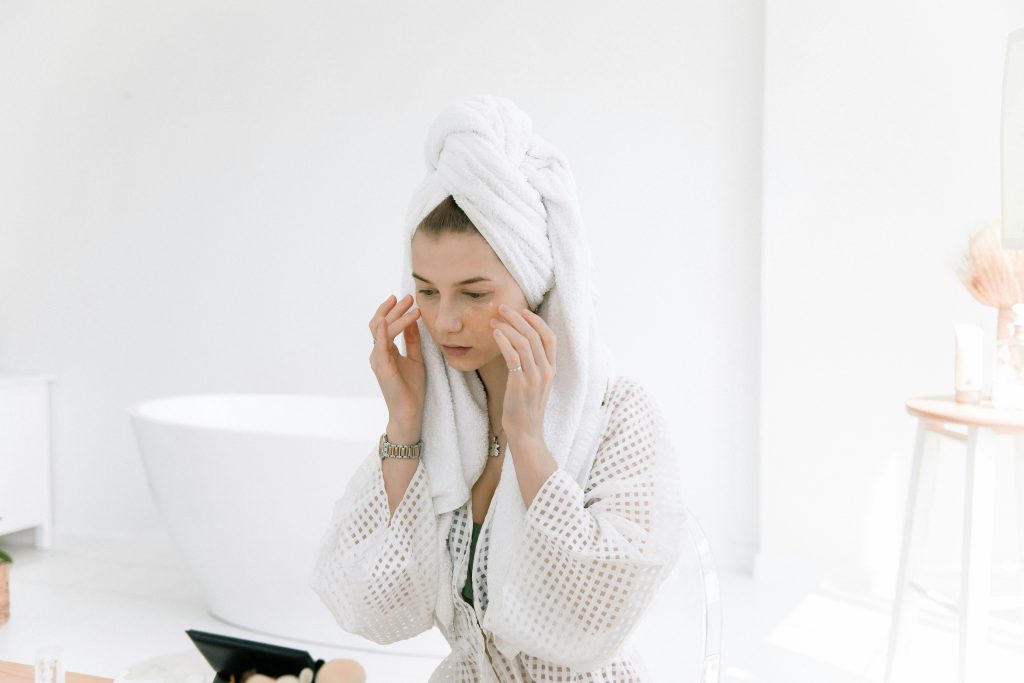
8. Most Common Skin Diseases or Skin Problems (And How to Treat Them)
Acne Vulgaris (Acne)
Keep it clean. Wash your face gently with soap and water twice a day.
Use over-the-counter treatments. Look for products with benzoyl peroxide, salicylic acid, or glycolic acid.
Consult a dermatologist. For severe cases, a doctor might prescribe antibiotics, retinoids, or other medications.
Atopic Dermatitis (Eczema)
Identify triggers. Avoid hot showers, certain soaps, and allergens.
Moisturize often. Use a gentle moisturizer regularly.
Seek medical advice. Topical steroids or other medications might be necessary for flare-ups.
Sunburn
Cool it down. Take cold baths or showers and apply aloe vera.
Stay hydrated. Drink plenty of water to combat dehydration.
Use pain relievers. Ibuprofen or Tylenol can help with pain and inflammation.
Herpes Labialis (Cold Sore)
Ease the pain. Use over-the-counter creams and take pain relievers.
Stay protected. Use sunscreen on your lips and manage stress to prevent outbreaks.
Herpes Zoster (Shingles)
Seek early treatment. Antiviral medications can speed up healing if taken early.
Alleviate symptoms. Use cool compresses, pain relievers, and medicated lotions.
Verruca (Warts)
Try over-the-counter treatments. Salicylic acid can help remove warts.
Consult a dermatologist. They might recommend freezing, laser treatment, or other methods.
Psoriasis
Use prescribed treatments. Topical treatments, light therapy, and immunosuppressants can help manage symptoms.
Avoid triggers. Infections, stress, and certain medications can cause flare-ups.
Tinea (Ringworm, Jock Itch, Athlete’s Foot)
Use antifungal treatments. Over-the-counter creams like clotrimazole or miconazole can help.
Keep it dry. Moisture can worsen fungal infections, so keep affected areas dry.
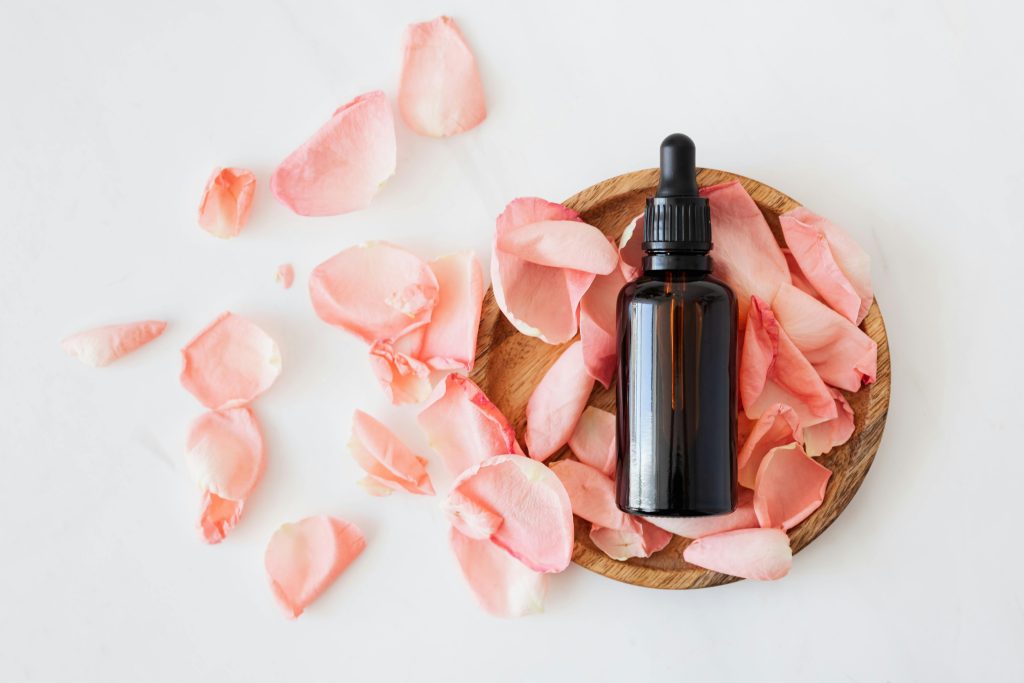
Rosacea
Identify and avoid triggers. Spicy foods, alcohol, and sun exposure can cause flare-ups.
Use gentle skincare products. Opt for mild cleansers and avoid harsh treatments.
Consult a dermatologist. Medications and laser treatments can help manage symptoms.
Skin Cancer
Regular check-ups. See a dermatologist for regular skin checks.
Protect your skin. Wear sunscreen and avoid excessive sun exposure.
Know the signs. Look out for new or changing moles and consult a doctor if you notice anything unusual.
By following these tips, you’ll be on your way to healthier, happier skin. Remember, your skin reflects your overall health, so take good care of it!
Quick Recommendation: Clean Skin from Within – The Spa Doctor’s Two-Week Program to Glowing, Naturally Youthful Skin.
How To Care For Your Skin – Final Thoughts
Taking care of your skin doesn’t have to be complicated. With a few simple steps and a little consistency, you can achieve and maintain healthy, glowing skin at any age.
Remember, everyone’s skin is unique, so it’s important to listen to what your skin needs and adjust your routine accordingly.
Whether you’re just starting your skincare journey or looking to refine your routine, the tips in this cheat sheet can serve as a helpful guide. Embrace the process, and enjoy the benefits of healthier, more radiant skin.
FAQ: How To Best Care For Your Skin
1. What are the basic steps for a good skincare routine?
A good skincare routine typically includes cleansing, toning, moisturizing, and applying sunscreen. It’s important to choose products suited to your skin type and concerns.
2. How often should I exfoliate my skin?
Exfoliation frequency depends on your skin type. Generally, 1-2 times a week is sufficient for most skin types. However, sensitive skin may require less frequent exfoliation, while oily skin may benefit from more regular exfoliation.
3. What ingredients should I look for in skincare products?
Look for ingredients like hyaluronic acid for hydration, vitamin C for brightening, retinoids for anti-aging, and SPF for sun protection. Always check for any specific allergies or sensitivities you may have.
4. Can I use the same moisturizer for day and night?
While you can use the same moisturizer, daytime formulas often include SPF to protect against UV rays, while nighttime products may focus on repair and hydration without SPF. When choosing, consider your skin’s needs and the product’s benefits.
5. How important is sunscreen in my skincare routine?
Sunscreen is crucial for protecting your skin from harmful UV rays, preventing premature aging, and reducing the risk of skin cancer. Apply broad-spectrum SPF 30 or higher daily, even indoors or on cloudy days.
6. How can I reduce the appearance of fine lines and wrinkles?
Incorporate products with retinoids, peptides, and antioxidants into your routine. Regular hydration, sun protection, and avoiding smoking can also help reduce the appearance of fine lines and wrinkles.
7. How do I know if a product is irritating my skin?
Signs of irritation include redness, itching, burning, or a rash. If you experience these symptoms, stop using the product and consult a dermatologist if the irritation persists.
8. What are some tips for maintaining healthy skin as I age?
Maintain a consistent skincare routine, stay hydrated, eat a balanced diet, get enough sleep, and avoid excessive sun exposure. Using products with anti-aging ingredients like retinoids, peptides, and antioxidants can also be beneficial.
9. Can I make my skincare products at home?
You can make simple skincare products at home using natural ingredients like honey, oatmeal, and aloe vera. However, be cautious and research to avoid any adverse reactions, especially if you have sensitive skin.
10. Should I change my skincare routine with the seasons?
Yes, seasonal changes can affect your skin’s needs. In winter, focus on hydration and moisture; in summer, prioritize sun protection and oil control. Adjust your products accordingly to maintain healthy skin year-round.
